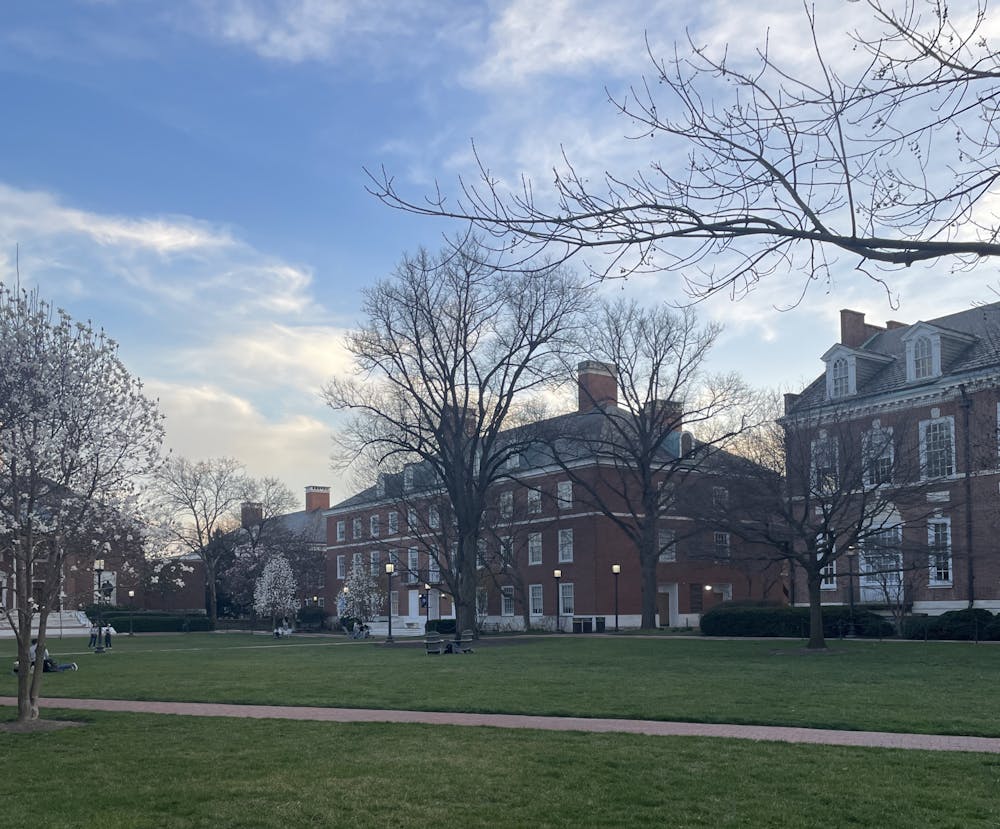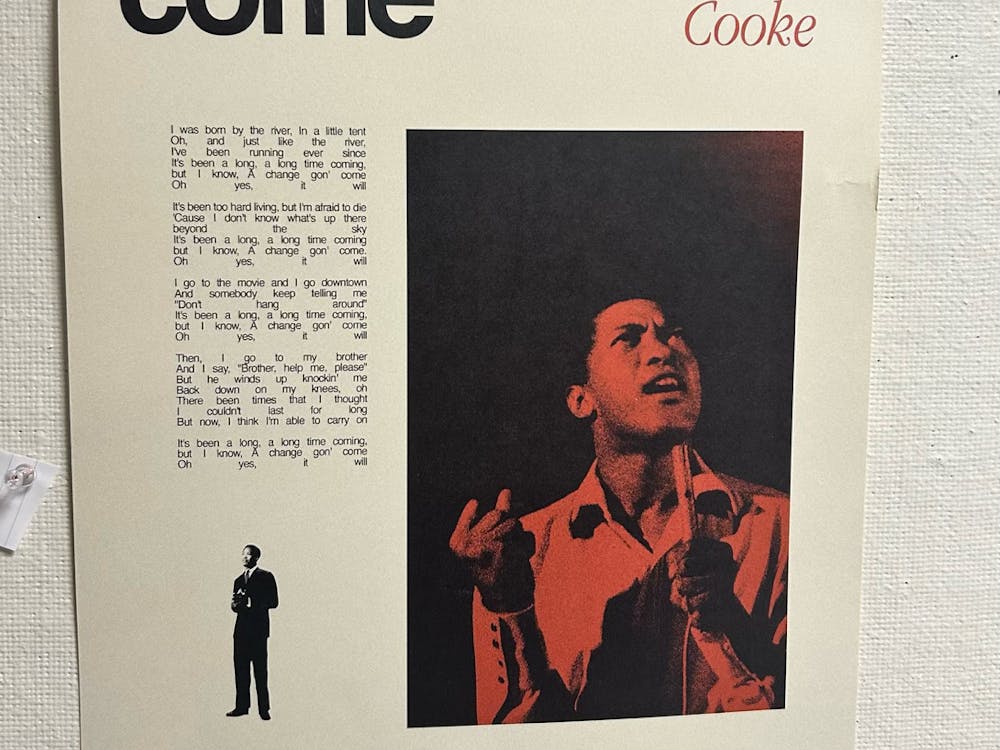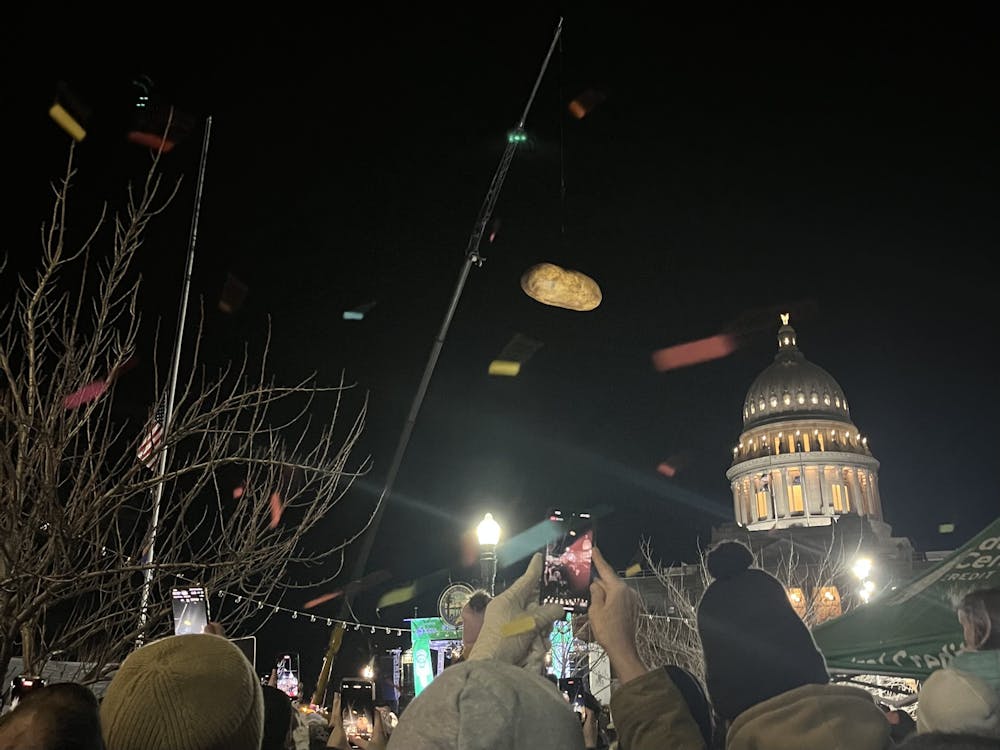When I first heard about the First Year Seminar (FYS) program, I was not very excited. I viewed it as a class that unnecessarily took up three credits in my schedule, which I wanted to fill with a course from my major. Such was the case before I had perused any of the options.
When I finally looked through the course selection, my view evidently changed. I saw courses exploring the common good, science, and fiction, the city of Baltimore and medicine as a profession. As a high school student emerging from more general classes like English and World History, these options sounded so interesting, like nothing I had ever taken before. I had an idea of what I wanted to major in but had never explored subjects like these in depth.
I ultimately settled on Literary Multilingualism. This course explored translation and the relationship between languages. It involved reading texts in translation, reading texts about translation and even reading a book in both English and Spanish. This course combined my interests in writing and language; it would allow me to explore that bridge between them — translation — in-depth.
So despite my initial reservations, I was, by the end of the summer, looking forward to my FYS. It sounded exciting.
My First Year Seminar was, unfortunately, my fourth class on a Monday. So when 3 p.m. rolled around on that first day of classes, I was a little too tired to get excited about meeting 12 new people, one new professor and a whole new syllabus. But I arrived at Gilman anyway, and when I walked around the building in what I hoped was the right direction, I found a group of 10 or so people in front of my classroom. Everyone was hovering near the door, unsure if they should go inside or wait for the professor — a dilemma I’d confronted three other times that day.
We started talking, our group of 10, and we ultimately decided it was safest to wait for the professor before entering the room. The environment was sweet, and my classmates were friendly — decidedly less intimidating than General Biology I, a massive, 250-student lecture class, or even Arabic or Shakespeare, which were populated with juniors, seniors and, occasionally, graduate students. Even when my professor arrived and we all entered the room, discussed the syllabus and introduced ourselves, the environment was much easier to adapt to — a group of 12 freshmen on their first day of classes, in much the same situation as myself.
Throughout the semester, I enjoyed my FYS. Now this is not to say I always looked forward to attending — it is difficult to always look forward to that final, 3–4:15 p.m. class on a Monday — but every time I was actually in class, I enjoyed it a lot. We read many different texts, most of which were, by some means or other, translated into English, and the class was almost entirely discussion-based, consisting of a conversation about the works assigned for the week.
Our responsibilities were simple: Read the required text, think about it, come to class with an idea for discussion and participate in an interesting conversation. Occasionally we were assigned reflections about the works, but these were neither difficult nor extensive — just a synthesis of our thoughts about the texts and any connections we might draw between them.
This pattern of reading and discussing really worked for me. Not only because it was fun, but also because it was a much-needed change from the otherwise intensive courses at Hopkins that can seem initially overwhelming for many freshmen. To read books and write reflections about them is not the same as three full-length practice tests for an upcoming midterm or having a lengthy conversation with yourself to practice for a foreign-language oral exam. As someone prone to spending a bit too much of my time in Brody, my FYS — as both a class and a provider of interesting books — helped me break out of my isolationist study habits.
The presence of this small, discussion-based freshman seminar was an engaging and interesting introduction to the Hopkins environment. While I met most of my close friends outside of my FYS, the friendly interactions both inside and outside the classroom with this group of people were really valuable. Freshman year is often sprinkled with pockets of isolation — walking around campus in that first semester without seeing a single familiar face can be jarring and lonely. So perhaps the most valuable (albeit easy to overlook) part of the FYS was just the fact that I could wave at my classmates in Gilman or Keyser Quad. Those small but friendly moments, those brief, important, familiar faces, are what make freshman year easier to manage and the introduction to college just that little bit smoother.
Lana Swindle is a sophomore from Princeton, N.J. majoring in Writing Seminars. She is a News & Features Editor for The News-Letter.





